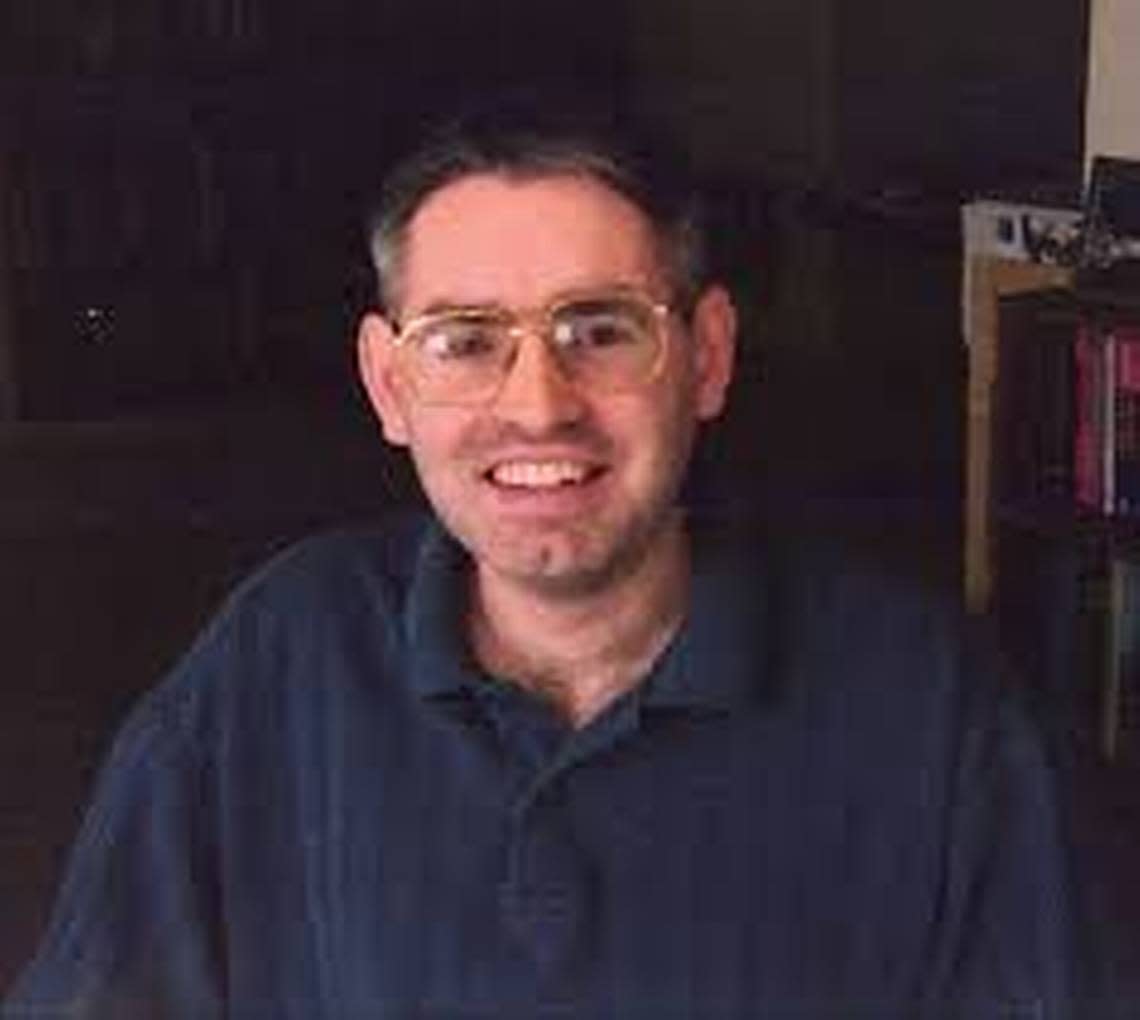Gorbachev was a warrior in the pursuit of world peace. We must continue his fight | Opinion
It was a miracle to see Mikhail Gorbachev, leader of the Soviet Union, signing a peace treaty with President Ronald Reagan in Washington, D.C. in 1987.
Gorbachev and Reagan signed the Intermediate-Range Nuclear Forces Treaty (INF) that eliminated medium- and short-range nuclear missiles on each side. This was a huge deal amid the Cold War tensions and the massive nuclear-weapons buildup by two rivals.
Gorbachev said at the treaty ceremony that, “The signing of the first-ever agreement eliminating nuclear weapons has a universal significance for mankind, both from the standpoint of world politics and from the standpoint of humanism.”
Gorbachev died Tuesday at age 91. But his mission to eliminate nuclear weapons, which he shared with Reagan, must continue. We have to hope and pray that future leaders will take up the cause.
And we must hope future leaders also share Gorbachev’s sense of humor. At the INF Treaty ceremony, he joked with Reagan who repeated in his remarks the Russian maxim “Dovorey no provorey” — “Trust, but verify.”
The crowd laughed when Gorbachev said to Reagan, “You repeat that at every meeting,” to which Reagan replied, “I like it.”
“Trust, but verify” has been used ever since to describe the right way to do disarmament, making sure each side is honoring its commitment to eliminate nuclear weapons. Gorbachev and Reagan formed a great relationship, allowing them to announce at the 1986 Reykjavik Summit in Iceland the goal of eliminating all nuclear weapons. The INF Treaty of 1987 was meant to be a first step on that road along with the subsequent START Treaty reducing nukes.
As Gorbachev said, “It is our duty to take full advantage of that chance and move together toward a nuclear-free world, which holds out for our children and grandchildren and for their children and grandchildren the promise of a fulfilling and happy life without fear and without a senseless waste of resources on weapons of destruction.”
Nuclear weapons are dangerous and a horrible waste of money that could be better spent feeding the hungry, curing diseases and fighting climate change.
There is still much work to be done, despite the progress Gorbachev and Reagan made. There are still 13,000 nuclear weapons in the world, most held by Russia and the United States. Recently, treaties, including the INF, have unraveling. Russia’s brutal invasion of Ukraine has caused far-reaching chaos. Russia must withdraw its troops from Ukraine and seek peace.
Damage to international diplomacy needs to be repaired to get nuclear disarmament back on track. The United States and Russia should be reducing their nukes from thousands into the hundreds and leading disarmament of all the world’s arsenals.
Gorbachev said of the INF Treaty, “We can be proud of planting this sapling, which may one day grow into a mighty tree of peace.”
We must keep this goal alive, even if we are facing setbacks right now. Gorbachev and Reagan were right to pursue a world free of nuclear weapons. And they were brave enough to do it during the Cold War.
We must show the same courage and humanity today and keep up the fight to eliminate nukes.
William Lambers is the author of The Road to Peace and partnered with the U.N. World Food Program on the book Ending World Hunger.

